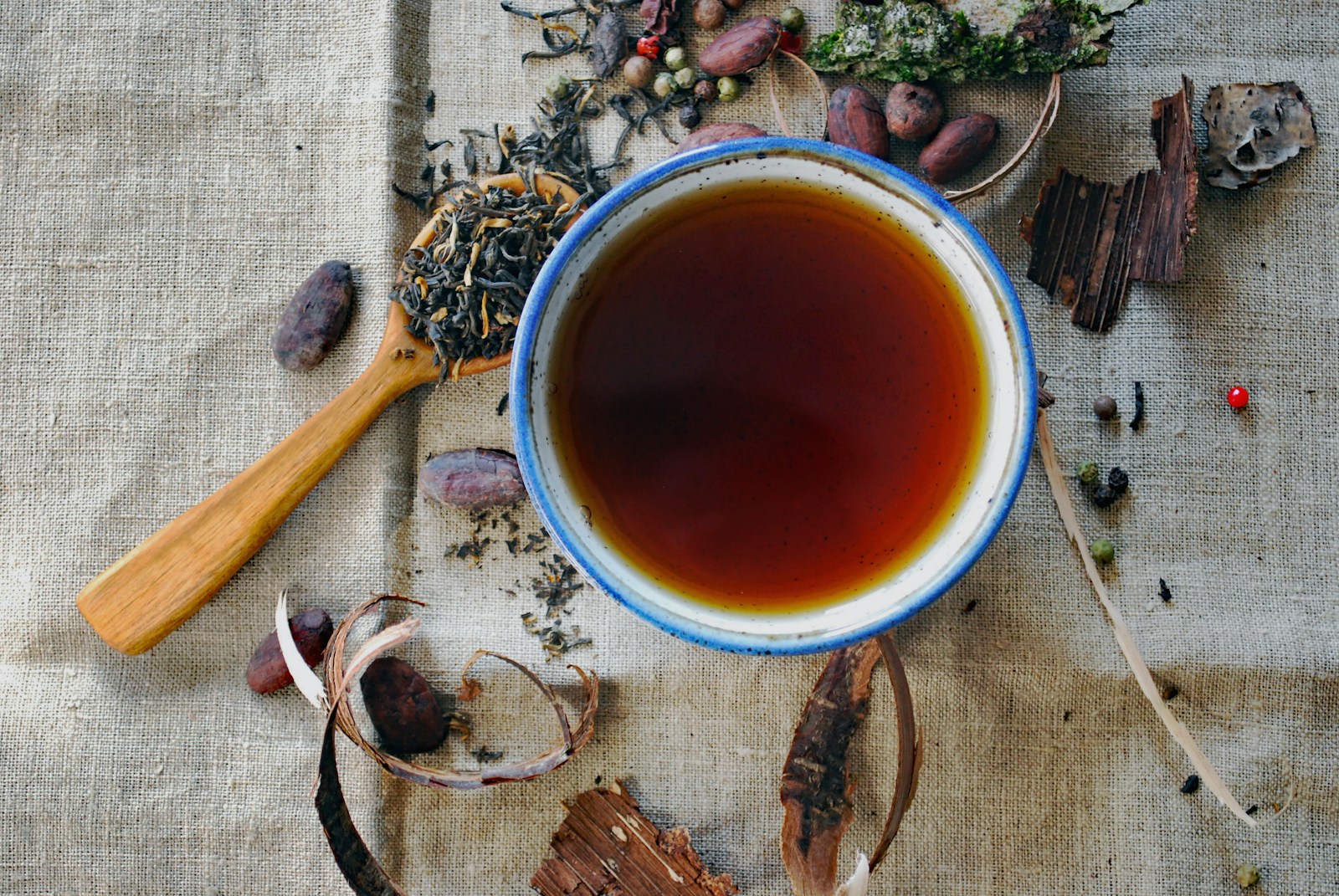In the midst of a pandemic, staying healthy is more important now than ever. Those with underlying medical conditions and compromised immune systems are far more susceptible to catching COVID-19 and developing a life-threatening respiratory infection thereafter.

Everyone should give their immune system a boost during these times, but it’s especially important for those in tight living quarters—such as the college students staying in compact dorms. With as many as four or more people packed into a small room, sleeping stacked on bunk beds down the hall and across each floor of the dormitory, it’s safe to say there are a lot of bodies packed into a small span of square footage.
This can make following the official public health and safety guidelines rather challenging—for example, how can you safely maintain a six-foot distance for social distancing, when your beds are merely a few feet apart and bathrooms are shared communally?
Many universities recognize this problem and have temporarily closed their campus dorms as a precautionary measure, but the students who are preparing to live on campus in the fall should fortify their immunity by following these five tips.
Give your body a boost with supplements
If you’re looking to strengthen your immune system, one of the best ways to do so is by stocking up on vitamins and minerals that can give your body a natural boost. Some of the best supplements you can take to strengthen your biological defense against harmful pathogens include:
- Vitamin C
- Vitamin D
- Zinc
- Selenium
- Echinacea
- Turmeric
- Garlic
- Elderberry
- Cordyceps
- Lion’s mane
Rather than purchasing these individually, you can also buy immune gummies that pack many of these ingredients into one tasty treat that’s perfect for year-round support. Another way to get immune-boosting vitamins is with an at home IV in Baltimore and other cities. An IV treatment contains hydrating fluids and vitamins that can support a healthy immune system – all without the need for you to leave home.
Follow a clean, healthy diet
Taking supplements is extremely helpful, but it’s also important to pay attention to the foods you regularly consume within your diet. Some offer more immune-boosting properties than others, so it’s wise to follow a routine with healthy eating during this quarantine period.
As a general rule of thumb, make it a goal to incorporate nutrient-rich staples in your diet, such as leafy greens known to contain plentiful amounts of antioxidants that can fight against free radicals. You can also find foods that naturally contain vitamins and minerals good for health, such as vitamin C found in citrus fruits and selenium present in nuts. You may even try a Total Restore coupon as a way of protecting your overall health.
You should also try to avoid processed foods that can spike your blood glucose and cholesterol levels, which may make you more prone to getting sick. And although many college students want to try new things during this time in their life, keep in mind, alcohol is known to suppress the immune system—not to mention the added health risk present when attending enclosed house parties filled with tons of guests. It might be better to put your social life (and drinking life) on hold until things settle down or a vaccine becomes available.

Exercise to keep your health strong
It might be hard to find time to work out as you adjust to college life, but doing so will not only help you avoid the dreaded Freshman 15, but it also helps to keep your respiratory and cardiovascular health strong.
Exercise gets your heart pumping and the blood flowing, spreading red blood cells rich in nutrients, attacking white blood cells along the way. It also increases your aerobic capacity, or how well you utilize your lungs, which could be especially helpful to ward off respiratory ailments should you fall sick to the coronavirus.
Give your body plenty of rest
Sleep is another thing that’s often hard to come by in college, but failing to get the recommended eight hours of rest every night can also severely weaken your immune system. Lack of sleep also makes you more susceptible to stress, which is also known to weaken immunity in excessive quantities. Give your body a fighting chance by going to bed at a decent hour every night—or be sure to make up for lost sleep with some weekend hibernations.
Practice good hygiene habits
Finally, make sure you’re following all the suggested hygiene practices such as washing your hands frequently and covering your face any time you can’t maintain social distance. Regularly clean community surfaces with antibacterial wipes and carry sanitizer whenever you’re out in public.
With these tips in mind, you’ll better your odds at staying healthy in the dorms and enjoying your college experience with full vitality.


